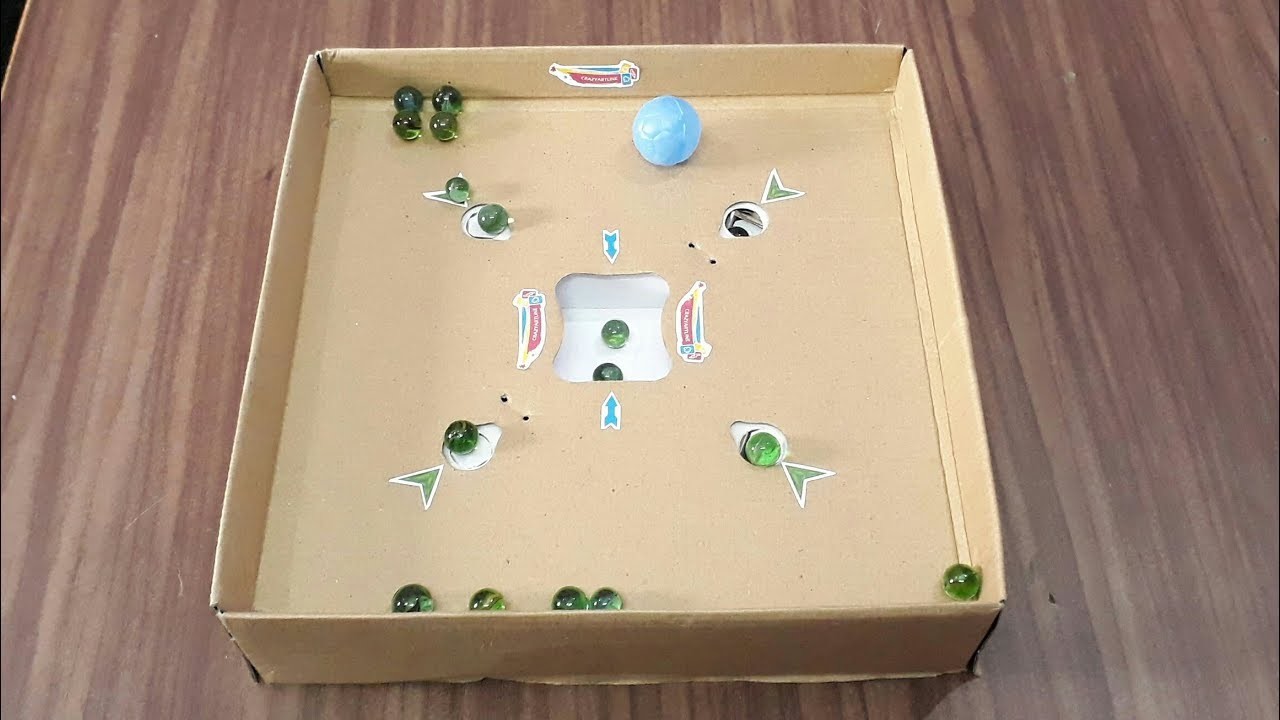
When Should I Expect My Child to Develop Balance & Coordination?īalance development is a milestone reached by most children between 18 months and 2 years. These skills require more patience for kids, especially for more detailed and delicate tasks. These skills allow us to hold a pencil, write, hold a book and open a package. Children need to develop these skills before mastering fine motor skills.įine motor skills include small, controlled body movements involving more limited numbers of muscles. Gross motor skills, such as balancing and walking, require the use of many large muscle groups and the whole body. Motor skills are divided into two categories: gross motor skills and fine motor skills.

This seemingly simple task involves neurological activity, physical control and reflexes, among other abilities. Hand-eye coordination, for example, requires children to correctly interpret visual information in a way that allows them to catch a ball. More broadly, coordination refers to the ability of a child to correctly interpret multiple signals to do more complex physical tasks. Static balance refers to the ability to maintain position during stationary tasks such as standing or sitting.Ĭoordination in child development refers to whether a child can get their body parts to work in a coordinated and functional manner. Dynamic balance refers to the ability to stay in position during activities that require movement, such as walking. There are two types of balance, dynamic and static. Walking, climbing or even sitting all require balance and coordination. What Are Balance & Coordination Skills in Child Development?īalance is the ability of a child to keep a controlled position or posture during a specific task.
Balance game ball full#
Read the full article or jump to a specific section: Playing on the playground can be especially useful in helping develop fine motor skills, balance and coordination in children. Physical play and exercise can help children build physical growth and strength. There are many developmental benefits of playgrounds. They can also build social skills as they learn to share, take turns and play together.

Children can work on their mental and emotional development by building confidence as they master play equipment such as swings and slides. In fact, playground equipment and child development are closely linked. Playgrounds offer many benefits and childhood opportunities for learning.


 0 kommentar(er)
0 kommentar(er)
